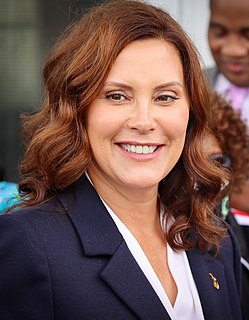A Quote by Ludwig von Mises
Government policies try to prevent the emergence of serious unemployment by credit expansion, i.e., inflation. The outcome was rising prices, renewed demands for higher wages and reiterated credit expansion; in short, protracted inflation.
Related Quotes
There is no such thing as agflation. Rising commodity prices, or increases in any prices, do not cause inflation. Inflation is what causes prices to rise. Of course, in market economies, prices for individual goods and services rise and fall based on changes in supply and demand, but it is only through inflation that prices rise in aggregate.
To combat depression by a forced credit expansion is to attempt to cure the evil by the very means which brought it about; because we are suffering from a misdirection of production, we want to create further misdirection -- a procedure which can only lead to a much more severe crisis as soon as the credit expansion comes to an end.
No politician can praise unemployment or inflation, and there is no way of combining high employment with stable prices that does not involve some control of income and prices. Otherwise the struggle for more consumption and more income to sustain it-a struggle that modern corporations, modern unions and modern democracy all facilitate and encourage-will drive up prices. Only heavy unemployment will then temper this upward thrust. Not many wish to confront the truth that the modern economy gives a choice only between inflation, unemployment, or controls.
Inflation is not caused by the actions of private citizens, but by the government: by an artificial expansion of the money supply required to support deficit spending. No private embezzlers or bank robbers in history have ever plundered people's savings on a scale comparable to the plunder perpetrated by the fiscal policies of statist governments.





























